You did your research, got a good night’s sleep and answered every question in the interview thoughtfully and articulately. The time you have with the hiring manager is winding down and there is just one more question.
“Is there anything you’d like to ask us?”
Hiring experts say this may be the most important juncture of the interview. You’re still being evaluated and the questions you ask here will be used to separate you from other candidates.
It’s not the time to ask about vacation time and parking spaces: it’s the time to finish strong.
“In the scads of interviews I have done there are some things I wish someone would have asked,” said Mike Smith, founder SalesCoaching1. “It probably would have pushed them ahead, as it’s not often one shines so far above that there is no contest. If so, a job offer would have been made long ago in the process.”
The questions you ask can be used to show that you’ve done your homework and have spent time researching the company. They can help you clarify a point you may not have made as strongly as you wish you had earlier in the interview.
Offering a generic question is bad. Even worse – the “kiss of death,” according to one career consultant we spoke with – is saying nothing at all. If you don’t have any questions after spending time learning about the company, you’re telling the person on the other side of the desk that you’re not really that interested in the position or, even worse, you don’t care.
You want to prepare at least two questions that show you’re interested in the position and have done your homework. You also want to avoid questions that will result in a yes or no answer. An interview should be a conversation, so give the interviewer something to discuss.
Beyond that, these questions will help you gain more insight into the company, it’s culture and your potential future there. Remember that an interview is as much about seeing if the company is the right for you as it is about the company seeing if you are the right fit for them.
But what exactly is a “good” question when the tables turn and the interviewee gets to be the interviewer? This guide offers some suggestions which you should, of course, tailor to the position you’re applying for and the company you’re interviewing with.
Get a Sense of the Workplace
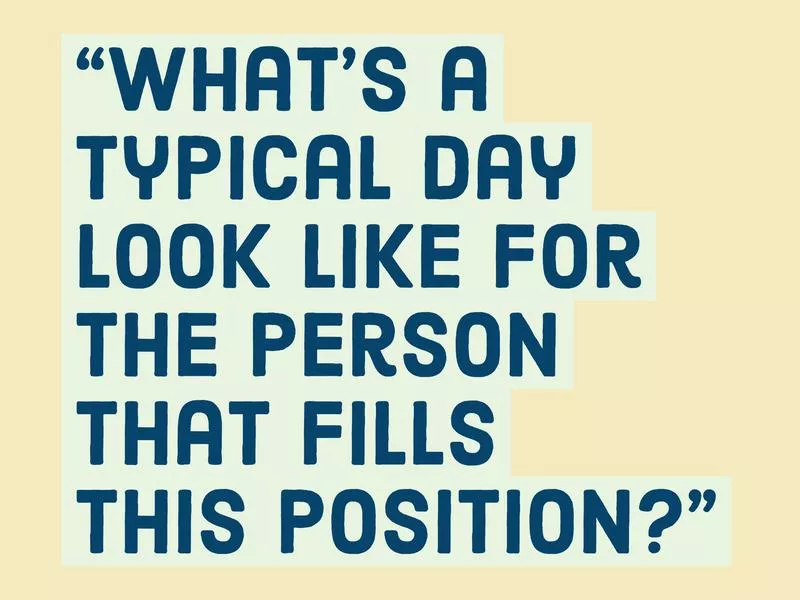
Keep in mind, there’s no such thing as a “typical day” in a lot of positions. But this question will give you a chance to see if this is really the job you want.
Knowing the day-to-day tasks you’ll be charged with will also help you determine if the job matches your skill set. This is a great point to elaborate on when you write your thank you not to the interviewer.
Probe the Corporate Culture
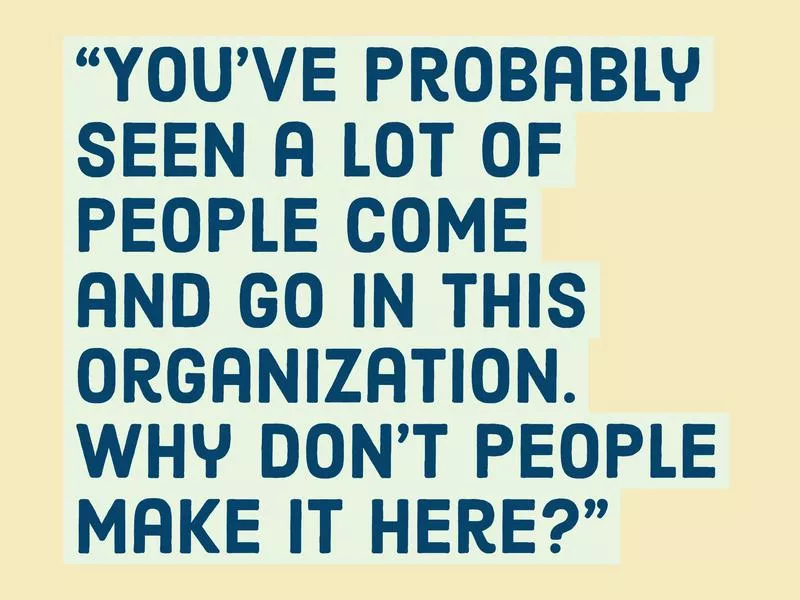
The answer to this question will give you good insight into what the corporate culture is like, according to Thom Fox, chief people officer at Giombetti Associates in Wilbraham, Mass.
“This will give an individual some context of the culture, and unaccepted behaviors,” he said. “From here, the interviewee may come to understand they are a great or not so good fit for the organization from a behavioral standpoint.”
Prompt Stories About the Company
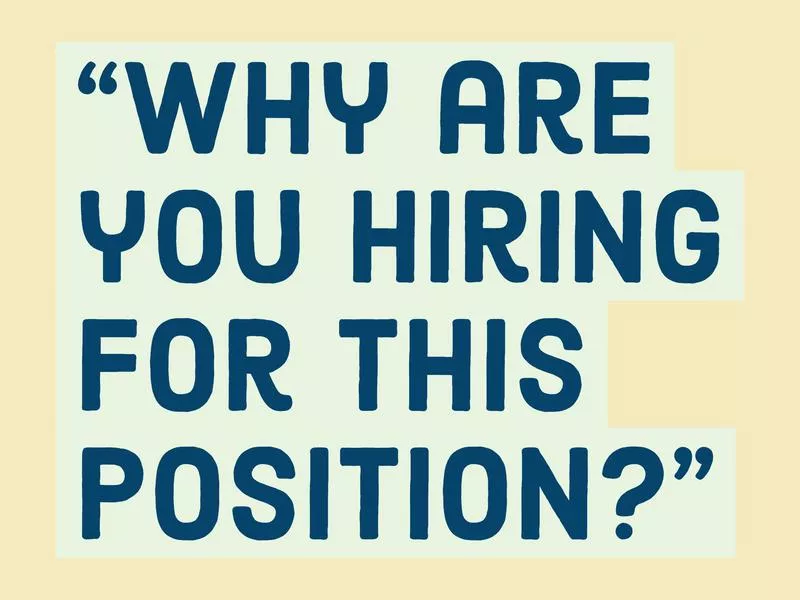
Dana Case oversees the hiring process at MyCorporation and says this question is crucial if the employer is filling a newly created position.
“This kind of question usually prompts a good story from HR, so listen up and take notes,” Case said.
Signal a Career Mindset
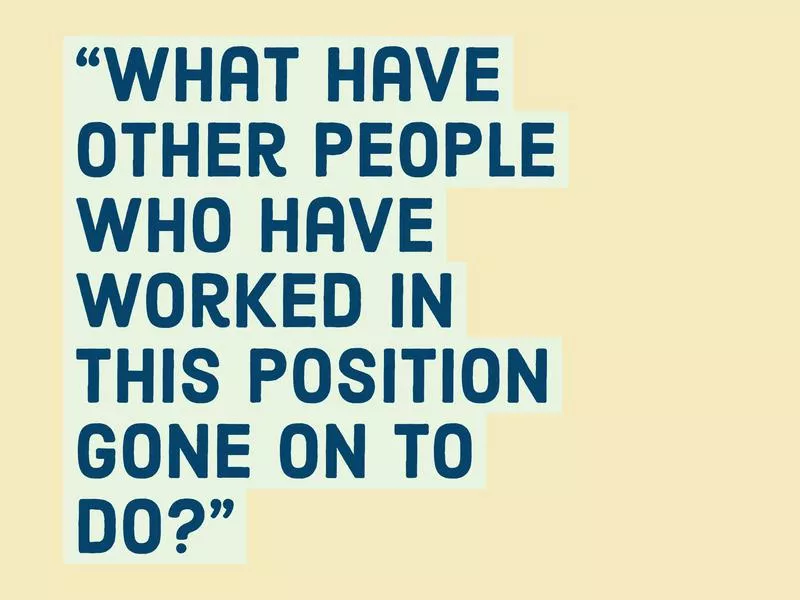
A savvy interviewer will know that you’re not looking ahead to your next job, according to April Klimkiewicz, a career coach who found Bliss Evolution in 2015. Instead, it shows you’re already thinking about your life in the position.
“This question is important because it lets the employer know you’re interested in potential growth at the organization in the future without coming right out and saying it,” she said. “It also gives you a good idea of the career trajectory for this position.”
Inquire About Management Style
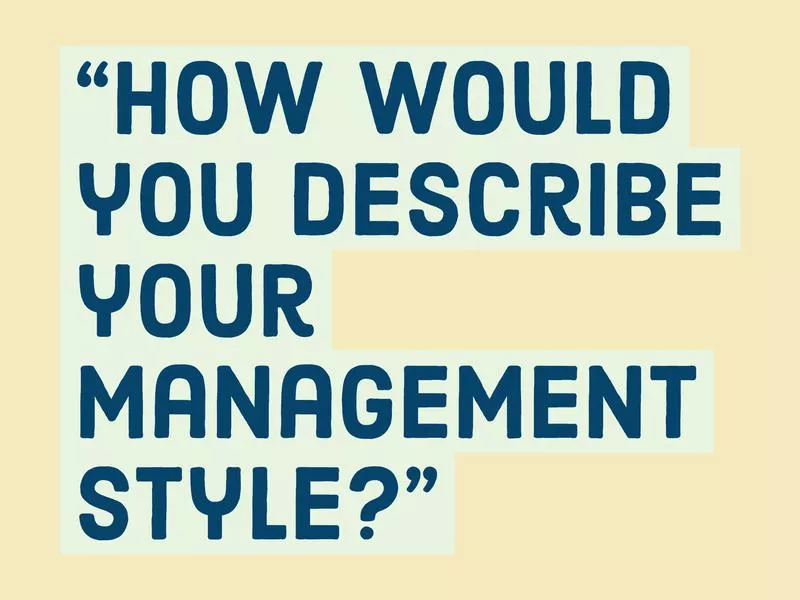
Hopefully, you get a sense of this throughout the interview process. But if there are any questions about how you’ll be managed, you should use this time to ask.
“The best candidates tend to ask about management styles in the workplace. They know the importance of meshing with managers and styles,” said RaShea Drake, a human resources specialist with Frontier Business Services. “For example, some people prefer an autonomous role with little managerial interference or micromanaging, so they find out ahead of time to know what they could potentially be getting into.”
Glimpse Behind-The-Scenes
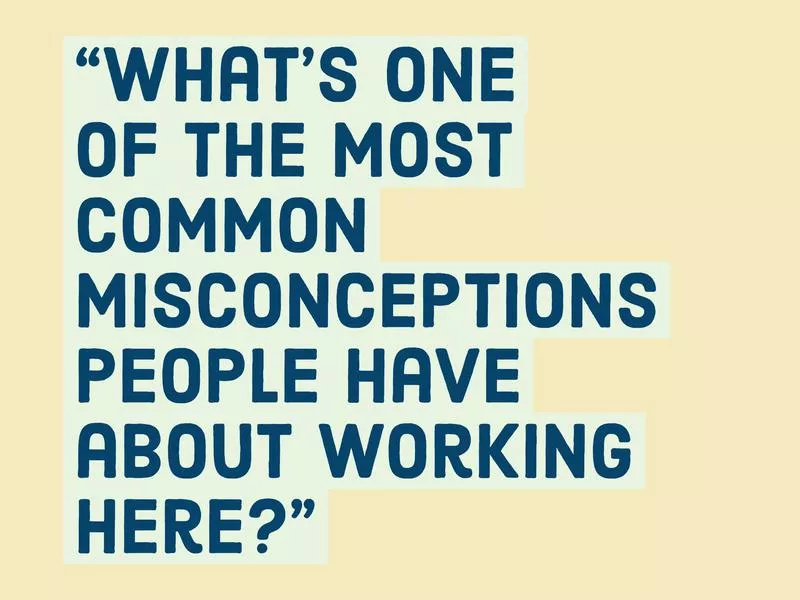
This question is a thoughtful one that demonstrates you really want to understand what life is like in this organization, going beyond the hype and common topics that show up in popular press.
It also gives you an opportunity to get a unique behind-the-scenes glimpse into what it’s really like to work at the company, according to career change consultant Joseph Liu.
Ask About Projects
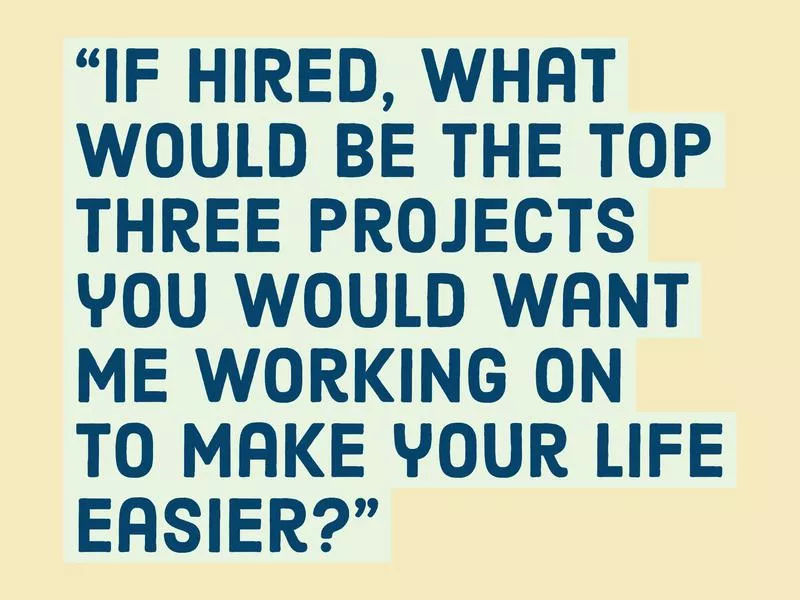
Anne Stuart of Lanetix got that question at the end of a recent interview.
“He had me thinking of him in that role and his specific skills set. He also learned what I needed most so he could stack rank my desires and demands against the rest of the organizational chart,” Stuart said. “Collecting those answers formulates his 30-60-90 day plan and reasons why. Brilliant!”
Gauge Expectations
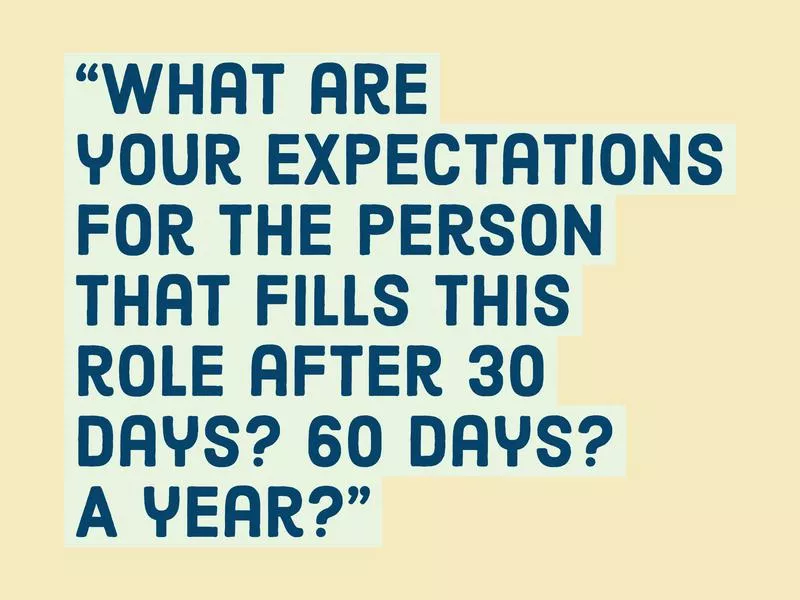
This is a slight variation on the previous question.
But it also gives you a clear sense of what you should focus on when you start to make sure you’re living up to what the manager was looking for when she hired you.
Fitting In
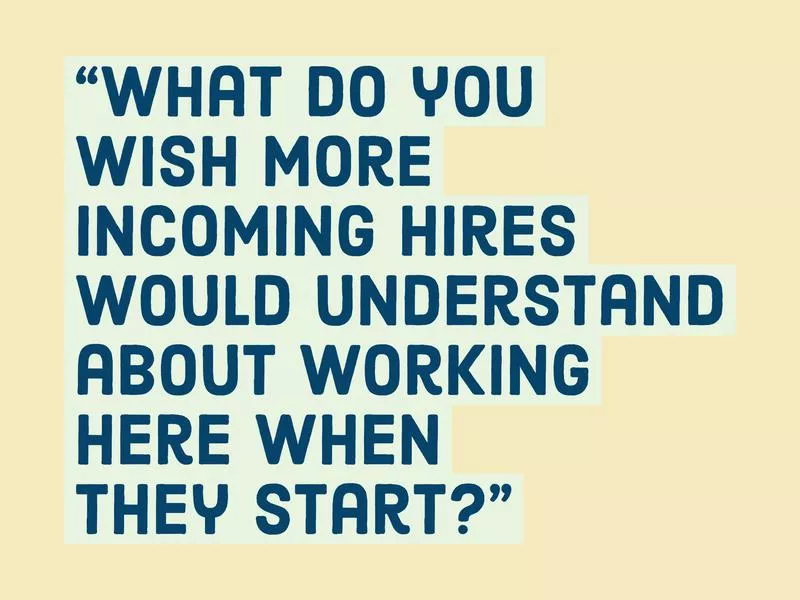
This is a less direct way of asking about a company’s culture, but still gives you a sense of what you can expect and how it will differ from your current workplace.
“Every company has its own unique way of working, so asking this question conveys your thirst for wanting to understand what it takes to do well in the organization,” Liu said. “It also provides you with helpful insight that will allow you to work effectively in your role if you ultimately join the company.
Investigating the Culture
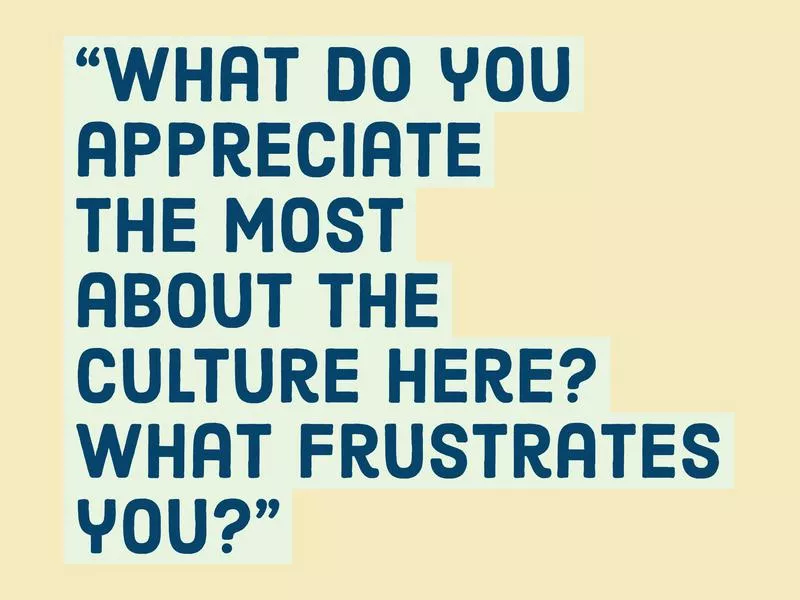
Liu said this question will not only give you some insight into the company’s culture, but it will also show that you want to fit in.
“Hiring managers generally appreciate when candidates invest time in learning more about the effective ways of working at their organizations,” Liu said. “Hearing their perspectives also allows you to understand whether that culture is a good fit for you.”
Looking Into the Future
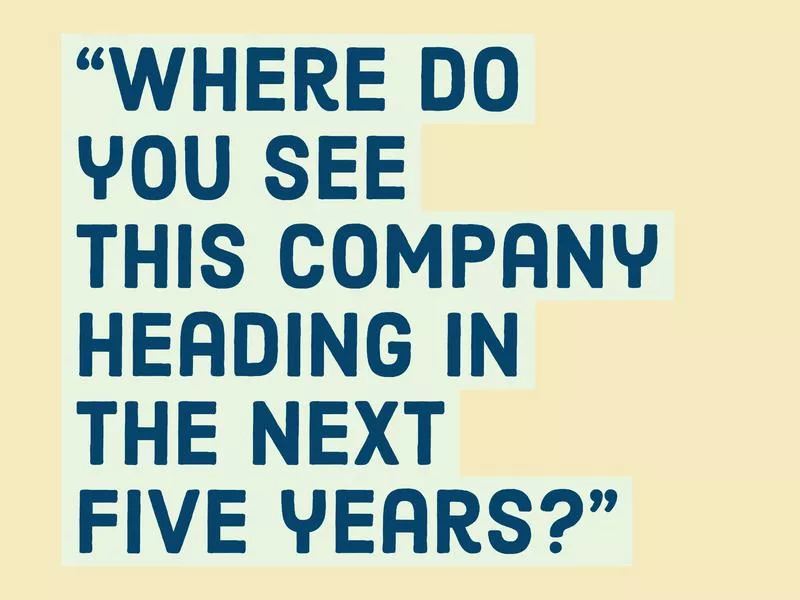
This question is double-edged. It gives you a good sense of the overall vision for the company and helps you determine if it’s the kind of company that you want to work for in the long run.
But you’ve also signaled to the hiring manager that you’re looking to settle into a position for the long run and aren’t going to jump ship if something better comes along six months down the road.
A variation of this question that may work if you’re interviewing for a short-term or contract position is “What are the biggest challenges facing this company right now?”
Be In the Hunt
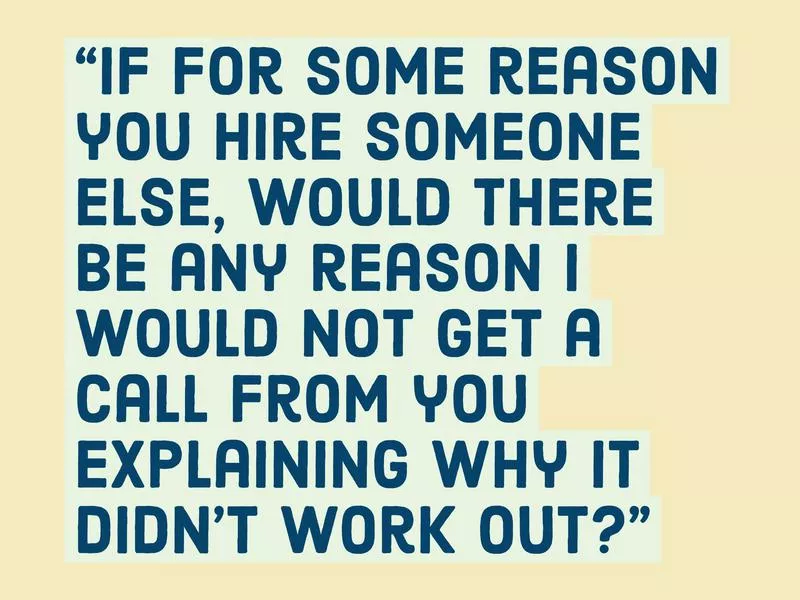
Smith, of Sales Coaching 1, said this shows you’re in the hunt for the position.
“If they ask, ‘Well, suppose we did choose someone else. What would you do next?’ You should say, ‘I have been interviewing with your competitors ABC and XYZ. One has offered me a job. I wanted to wait because I prefer your company. But I guess we might end up competing!'” Smith said. “This will blow them away.”
Address Perceived Weaknesses
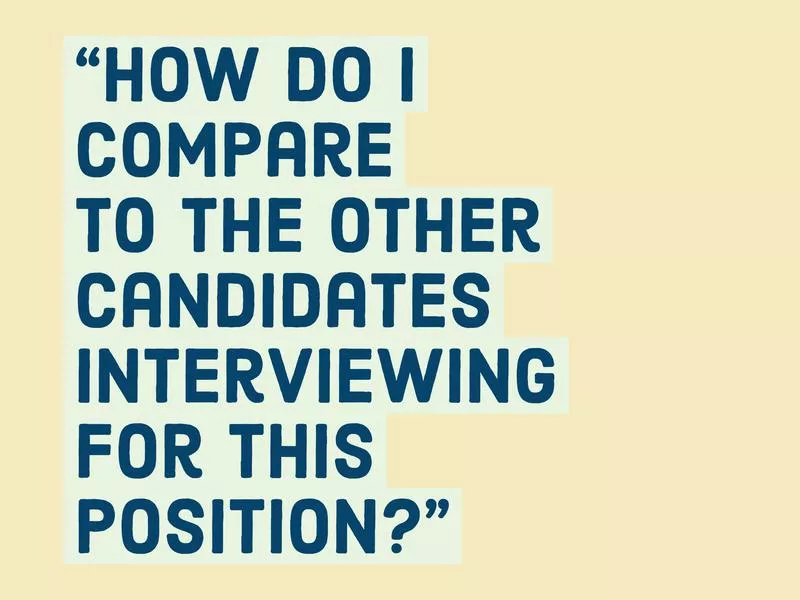
There’s a risk involved with this question, as you’re putting the interviewer on the spot.
But if the interview is going well and you think you’ve connected with the interviewer, this may give you a chance to identify and address some weaknesses that may be causing some hesitation on making you an offer.